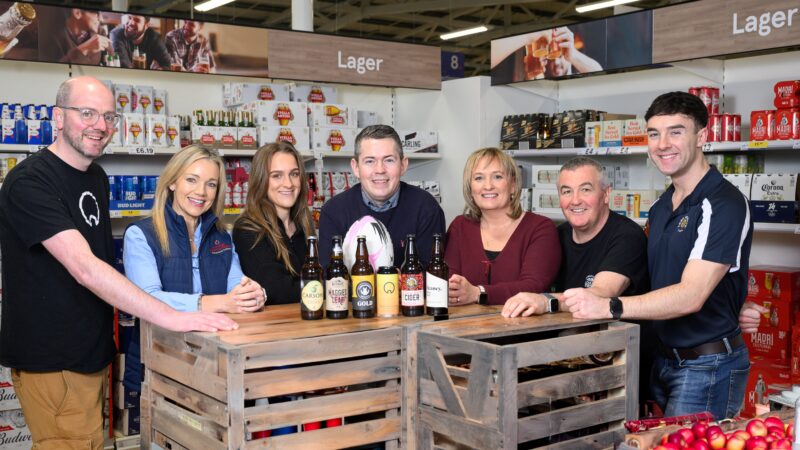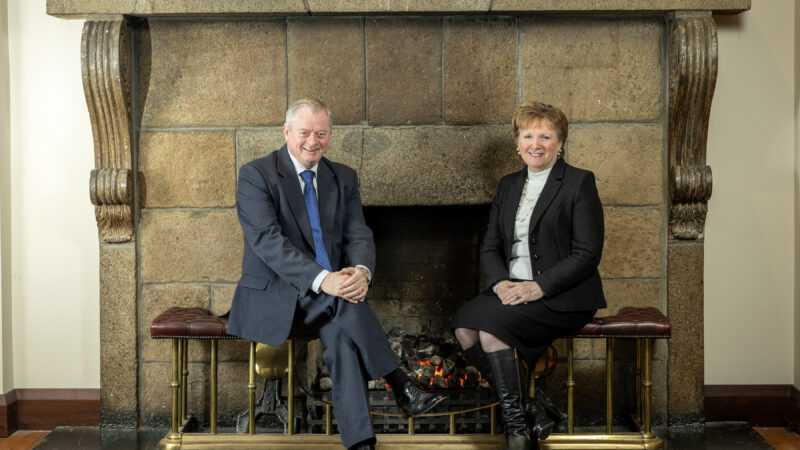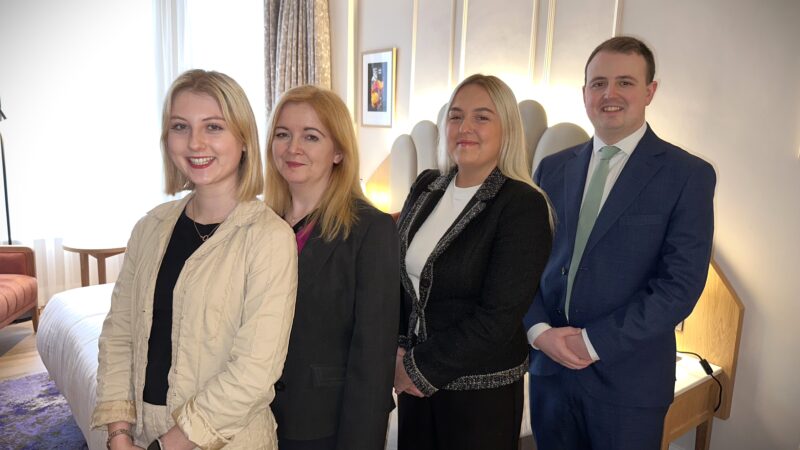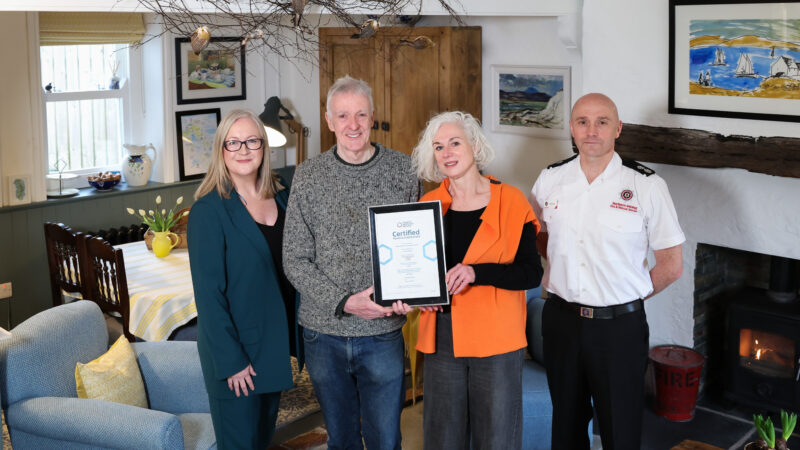Rising costs hit NI hospitality, calls for rate reform grow

The latest Q3 2024 hospitality industry survey reveals that nearly every hospitality business in the UK has faced significant increases in wages and food costs, with Northern Ireland (NI) businesses expressing greater pessimism about the future compared to their counterparts in Great Britain (GB).
A joint survey by Hospitality Ulster, British Beer and Pub Association, British Institute of Innkeeping, and UKHospitality found that 96% of hospitality businesses in NI reported increased wage costs, while 93% noted rising food and drink costs. Insurance and energy costs also surged, with 94% and 61% of businesses, respectively, affected. These increases were more pronounced in NI than in GB. Notably, inflation in the hospitality sector is outpacing the general inflation rate.
Northern Irish businesses overwhelmingly support reducing VAT rates for hospitality and reforming business rates to help alleviate costs. While this is a priority at the Budget, any business rate reform would also require action from the NI Assembly. The survey found that 93% of NI respondents believed VAT reductions would positively impact their businesses, while 69% supported full business rate reform.
Pessimism is more pronounced in NI, with 40% of businesses expressing concerns about the future of the sector compared to 37% in GB. Additionally, 36% of NI business owners are pessimistic about their own businesses, slightly higher than the 35% in GB.
Colin Neill, Chief Executive of Hospitality Ulster stated: “The results of this survey will not be a surprise to anyone involved in the hospitality sector in Northern Ireland. While hospitality in the UK as a whole has suffered due to inflation, our members have been found to suffer at a higher rate across all cost categories, from wages to food and drink, and energy costs.”
Neill highlights NI’s disproportionately high energy costs, local business rates, and the lack of equivalent rates relief initiatives as key contributors to the pessimism in the sector. Reflecting on the current climate, he further emphasises the importance of lowering VAT rates for hospitality and urged the Department of Finance to commission independent research on its potential impact on the local economy.







